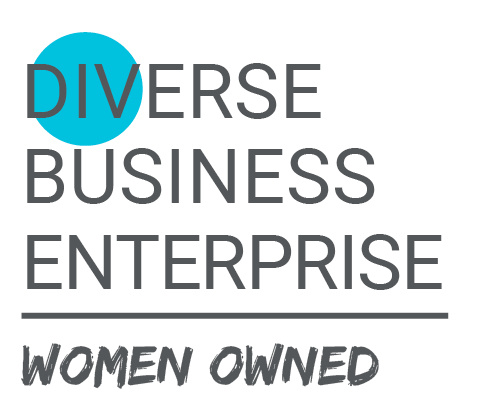by Ashley Ward
In the world of leadership, the ability to gain buy-in from your team is a crucial skill. Whether you’re leading a corporate team, a non-profit organization, or a community group, inspiring trust and collaboration can make all the difference in achieving your goals. It might surprise you to learn that a single, seemingly insignificant word can be a game-changer in your leadership journey. The shift from “you” or “I” to “we” and “us” has the potential to transform your approach and quickly win the trust and buy-in of your team. In this blog, we’ll explore this phenomenon and how you, as an executive or leader, can make this simple shift to reap remarkable benefits.
The Psychology of “I” vs. “We”
To understand the psychology behind the use of “I” and “we,” it’s essential to consider human nature and the dynamics of social interaction. When we use “I,” we are emphasizing the individual, indicating a self-centered perspective. Conversely, when we use “we,” we signal a shift towards the collective, emphasizing unity and collaboration.
The Power of “I”
“I” places an emphasis on the self, highlighting personal achievements, ownership, and responsibilities. From a psychological standpoint, it often stems from a desire for recognition, control, a sense of individuality, or not wanting to place assumption on being a “we” and assuming trust with the team without it being earned. Leaders who primarily use “I” may appear authoritative and confident, but this approach can sometimes alienate team members. It may create a perception of a hierarchical relationship, where the leader stands separate from the group. While this can be effective in some situations, it might not always be conducive to building trust and fostering teamwork. On the contrary, “I” may stem from individuals who do not feel an innate “we” in correlation with the team. They may feel standoffish or hesitant to use “we.”
The Influence of “We”
On the other hand, the use of “we” shifts the focus from the individual to the collective and automatically assumes trust. It conveys a sense of shared responsibility, collaboration, and inclusivity. Psychologically, this promotes a team-centric mindset, where the leader or teammate is perceived as an integral part of the group. This approach fosters a sense of belonging, unity, and shared purpose. It reduces the perception of hierarchy and increases trust among team members.
- Building Unity and Inclusivity: When you use “we” and “us” instead of “you” and “I,” you signal to your team that you’re part of the collective. This simple linguistic shift creates a sense of unity and inclusivity, fostering a team spirit that encourages everyone to work together towards common goals.
- Empowering Your Team: Leadership is not about asserting authority; it’s about empowering your team to achieve greatness. By saying “we,” you acknowledge the collective strength and potential of your team, making individuals feel valued and more motivated to contribute their best.
- Fostering Trust: Trust is the foundation of any successful team. Using “we” and “us” fosters trust by showing your commitment to the group’s success, rather than focusing solely on personal achievements. Team members are more likely to trust leaders who prioritize collective growth.
- Encouraging Ownership: When you say “we,” you share the successes and failures of the team as a whole. This encourages team members to take ownership of their roles, knowing that their contributions directly impact the collective outcome.
- Demonstrating Humility: The simple act of changing pronouns also reflects humility. You’re not putting yourself above the team but rather placing yourself on equal footing. This humility can make you more relatable and approachable as a leader.
- Promoting Collaboration: Collaboration thrives in an environment where leaders emphasize “we” and “us.” It encourages team members to work together, pool their expertise, and brainstorm innovative solutions, ultimately leading to better results.
- Enhancing Problem Solving: When you adopt a “we” perspective, you open the door to a more inclusive problem-solving process. Team members are more likely to share their insights and ideas, contributing to well-rounded solutions.
- Boosting Morale: A leadership style that prioritizes “we” and “us” is uplifting and motivational. Team members are more likely to have higher morale, as they feel a part of something bigger and more meaningful than individual tasks.
It’s remarkable how a simple shift in your vocabulary from “you” and “I” to “we” and “us” can have such a profound impact on your leadership and your team’s buy-in. By using these inclusive pronouns, you create an environment that fosters unity, trust, and collaboration. Your team members will feel empowered, valued, and motivated, ultimately leading to increased productivity and success.
So, for all the executives and leaders out there seeking to gain swift and effective buy-in from their teams, remember that the power of one word can be transformative. Make the switch to “we” and “us,” and watch as your leadership journey reaches new heights. Your team will thank you for it, and together, you will achieve remarkable results.



















